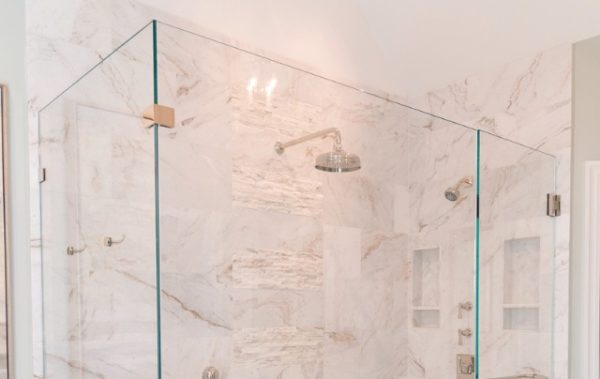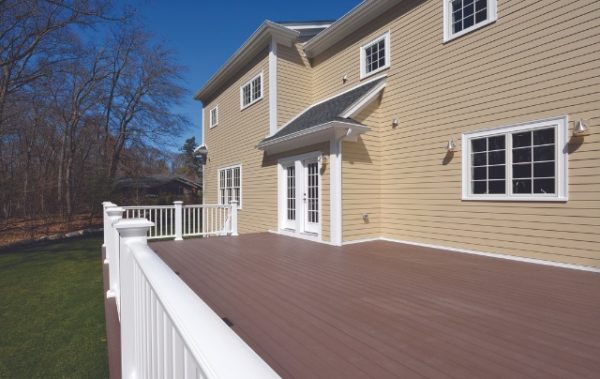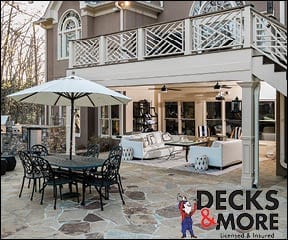How To Choose Cabinets and Countertops

Surface, color, material, finish, layout, design, hardware, size, style… Let’s face it, choosing cabinets and countertops can take a design from dream to nightmare if you get lost in the details. “The right cabinets and countertops can complement your kitchen by finalizing your design and helping you get the look you were going for,” says Becky Costa, of Stonecrafters USA Inc. (www.stonecraftersusa.com) in Marietta. You don’t need to break the budget, but if you’re remodeling to sell (whether right away or in the foreseeable future), remember the old adage: Kitchens sell houses.
Loving your layout
Every kitchen layout, from classic L-shape to modern double-island, defines and highlights the space. Most are based around the “work triangle,” in which the sink, stove and fridge are positioned in the form of a triangle, to eliminate extra footsteps. The U-shape kitchen often includes a center island for prep work flanked by cleaning, cooking and storage areas. A two-wall, or galley, layout is a good option in tight spaces but creates separation and often makes entertaining difficult.
The past several decades have seen a creative movement beyond classic layouts. A peninsula kitchen adds a dogleg to the standard L-shape layout and creates a small seating area, while a zone layout offers separated wash, prep and eating areas. Double islands, in which one island often includes a sink for prep and serving and the other is reserved for eating, are increasingly popular and can be added to several types of layouts.
Wellborn Cabinet Inc. designer Karen Salyer says L- and U-shape kitchens with at least one island allow for overlapping work zones and enhanced functionality. “A sink in between the cold-storage zone and cooking zones helps maximize efficiency so that the cook is better able to prepare a meal with less energy output,” she says.
Successful designs include prep areas such as a small sink for cleaning fruits and vegetables, ample storage spaces like pot drawers near the range and proper cleanup zones with single-bowl or offset sinks and rollout trays or pullout baskets in base cabinets.
Mark Williams, founder of Mark Williams Design Associates (www.markwilliams-design.com) in Atlanta and a trendspotter for countertop manufacturer Cosentino, says homeowners should always consider how they work in their kitchen. “Where do you need trash and recycling? Are you a pantry shopper, or do you go to the market every day? Once you start to answer these questions and overlay the answers onto your existing space, the kitchen kind of lays itself out,” he says.
Maximizing your space
You can make the most of your space with smart planning. Again, key questions are “What did my last kitchen lack?” and “What did it have that I never used?” Of course, square footage is almost always an issue, which makes maximizing space the secret to a great design.
Fortunately, there are many ways to eek out extra inches. Unlike in previous years, homeowners can take advantage of cabinetry options that fit in tight corner spaces to open up the least accessible parts of a kitchen. “Just going from 30-inch-high to 36-inch-high wall cabinets will greatly increase storage capacity,” says Debra Bobo, of CSI Kitchen & Bath Studio (www.csikitchenandbath.com) in Atlanta.
Interior storage accessories often provide the biggest upgrade opportunities. Existing cabinets may be modified to function better with fewer doors and various insert options. “The right cabinet can utilize space better both inside and out, offering better storage solutions and a better use of floor space,” says Joshua Johnson, of J. Aaron LLC (www.jaaronwoodcountertops.com).
Just remember, even a large kitchen must be planned carefully to maximize usable space. “It may not be obvious, but even a large kitchen can end up short on storage if not planned correctly,” says Mark Meriaux, of VT Stone Surfaces (www.vtindustries.com). “Homeowners should plan out their storage in both the upper and lower cabinets ahead of time and discuss options for increased storage and functionality.”
Making it your own
Besides defining the architecture of the kitchen, cabinets and countertops also establish the style. “Next to the shape of the kitchen itself, the choice of cabinets and countertops is the basis for the whole design,” says Bobo. “They convey mood and style. If one is looking for a contemporary look, then a choice of frameless cabinets with slab fronts and concealed hardware perhaps topped with cast-concrete countertops would convey that image. However, a choice of raised-panel cabinets in a painted and glazed finish, inset construction and a figured granite could be the foundation for a traditional approach.”
Design choices also can help solve challenges such as a lack of space.
“Cabinets for a smaller kitchen should be functional all the way around… Your colors should be lighter and brighter to give the room a sense of openness and clarity,” Costa says. Lighting accessories can make a style statement as well as set moods and illuminate task areas, while a new color, new fixtures or new decorative hardware can provide fast, fun and easy changes. Counters can be salvaged with a color-enhancing sealer, and cabinet boxes can receive a fast facelift via lacquer or simply by replacing doors or drawers.
As always, new design trends are emerging. Today, the emphasis is on open-plan kitchens that connect well to the rest of the home. Eco-conscious homeowners can take advantage of products like recyclable and VOC-free countertops made with a blend of post-consumer glass.
Whatever is changed or added, homeowners should invest in quality. Cabinets and countertops take up so much space that an oversight here can dramatically drop resale value. “Natural stone still outsells everything else,” Johnson says. “Designers now have to find new materials [to] offer a different look. Glass, wood, concrete and cast-metal tops are all growing because of this. If not the entire kitchen, they are rapidly taking over surfaces like the island top or raised bar tops.”
Putting it all together
The best kitchens feature central components that flow together without distracting the eye. Leading designers say either element—cabinets or countertops—may be selected first, but that only one of the two should make a dramatic statement. A louder cabinet color, for example, should be neutralized by a more natural countertop.
“The best way to select countertops is to have the cabinet style and door available,” says Mell Hill, of Oldcastle Surfaces (www.oldcastleapg.com) in Atlanta. “You have to have an overall vision and color palette that you are working toward to make sure that the materials you are looking at lend themselves to completing that overall look.”
Classic combinations include soft-white cabinets with Carrera marble countertops and dark espresso cabinets with polished gray granite. For cabinet finishes, the choices are generally wood-stain (which shows the wood grain) or paint (which hides the grain). For countertop finishes, choices include polished (sheen), honed (matte), flamed (texturized), brushed (aged) and leathered (satin).
“I always lean toward having the countertop contrast with the color of the cabinet while maintaining the style,” Johnson says. “So for a cream cabinet, I would recommend a walnut or wenge wood. I have seen designers use dark countertops on dark cabinets with stunning results, though. Same thing for light countertops like marble on white cabinets.”
“Think about how a mix of materials can add an element of variety and how to incorporate different uses, such as a wood chopping block by the cooking surface,” says John Winfree, of Diversified Cabinet Distributors (www.dcdcabinets.com) in Atlanta.
Whether creating a modest space for a family meal or a grand stage to show off the latest cuisine, a stylish and efficient kitchen is more attainable than ever before. “The right cabinet and countertop materials, in a well-planned design, can make a kitchen more inviting and actually more fun!” Meriaux says.
Surface Trends
Quartz Mania
Combining durability and versatility, quartz countertops are a modern alternative to granite and marble. The scratch- and stain-resistant surface, made with natural quartz aggregate and resins, is available in a rainbow of colors and easy to maintain, without sealing. “I would not stray away from quartz as a viable option to hold resale value,” says Mell Hill, of Oldcastle Surfaces (www.oldcastleapg.com) in Atlanta. “If you want to be ahead of the curve, quartz is the way to go.”
Next-Generation Laminate
Formica countertops can be a good choice for small budgets, especially with the features available today, including granite-inspired coloring and veining and sleek bullnose and ogee edge options. Both advancements create the look of natural stone for less.
Cabinet and Countertops Resources
|
A&B Home Improvement Adapted Living Spaces Artisan Custom Closets Atlanta Design & Build Aycock Properties Bires Remodeling Cabinet & Stone City Chattahoochee Shower Classic Bars Construction Resources Cosentino Centers Cowan Supply |
CSI Kitchen and
Bath Studio CTI of Georgia Decks & More Direct Build Home Improvement Diversified Cabinet Distributors Drexler Shower Door
Company, Inc. Echols Glass & Mirror Floor & Décor Handcrafted Homes, Inc. Keiffer Phillips Patricia Brown
Builders, Inc Masterworks Building &
Renovation |
Miracle Construction Services Mosaic Group National Association of Oldcastle Surfaces Parker Young Construction Plumbing Distributors and Pull-Out Shelf Company Rainaway Deck Drain Systems Renu Atlanta Spacemakers of America Specialty Tile VT Industries Vision Painting |

Carpeting: Know Your Fibers and What Wears Best

Create an Outdoor Room to Enjoy This Summer

Budget Bedroom Makeover Features a Bright Pop of Color
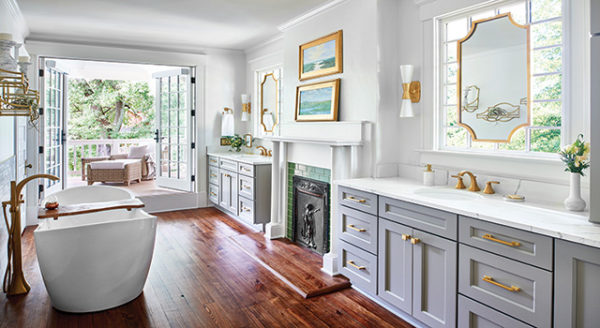
Award-Winning Kitchens, Baths, Interior Design and More
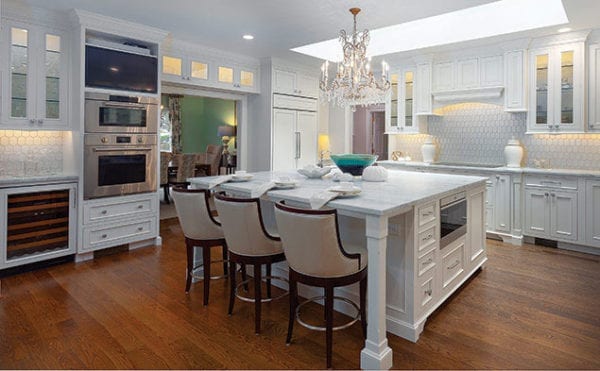
Atlanta’s NKBA Designs of Distinction 2019 Winners

100 Things to Know Before You Remodel
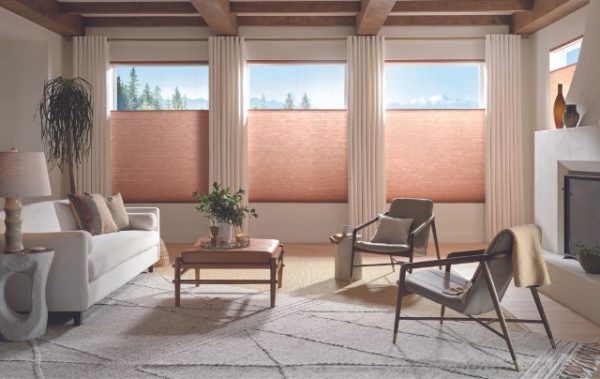
What’s the simplest way to upgrade your window treatments?
